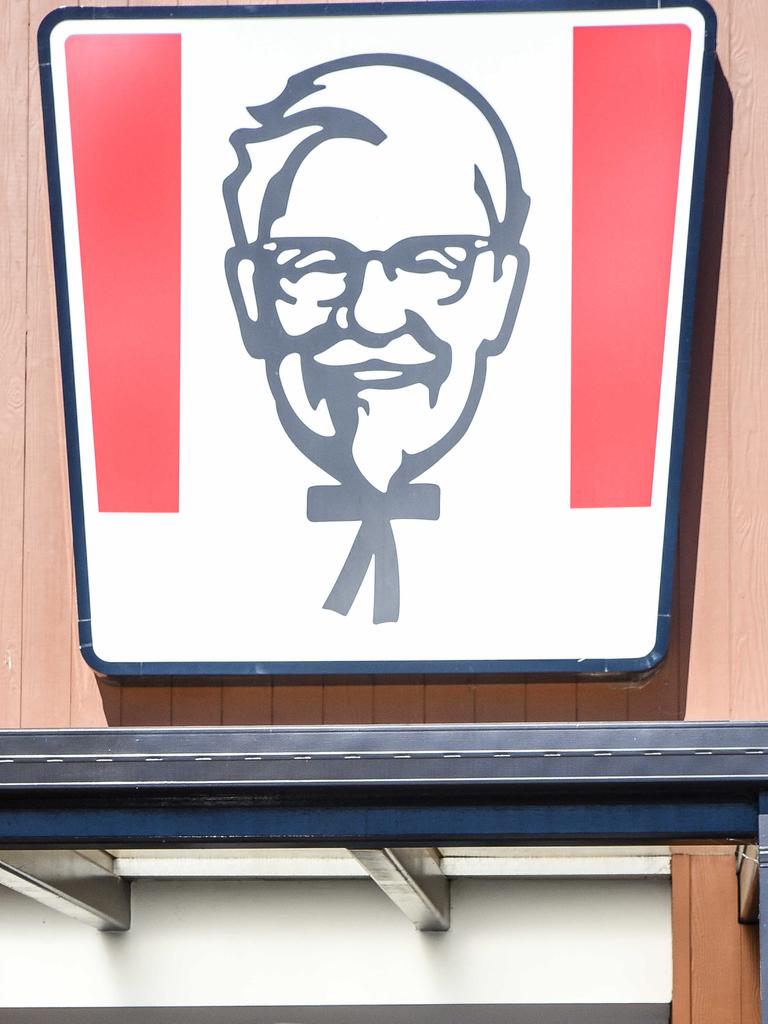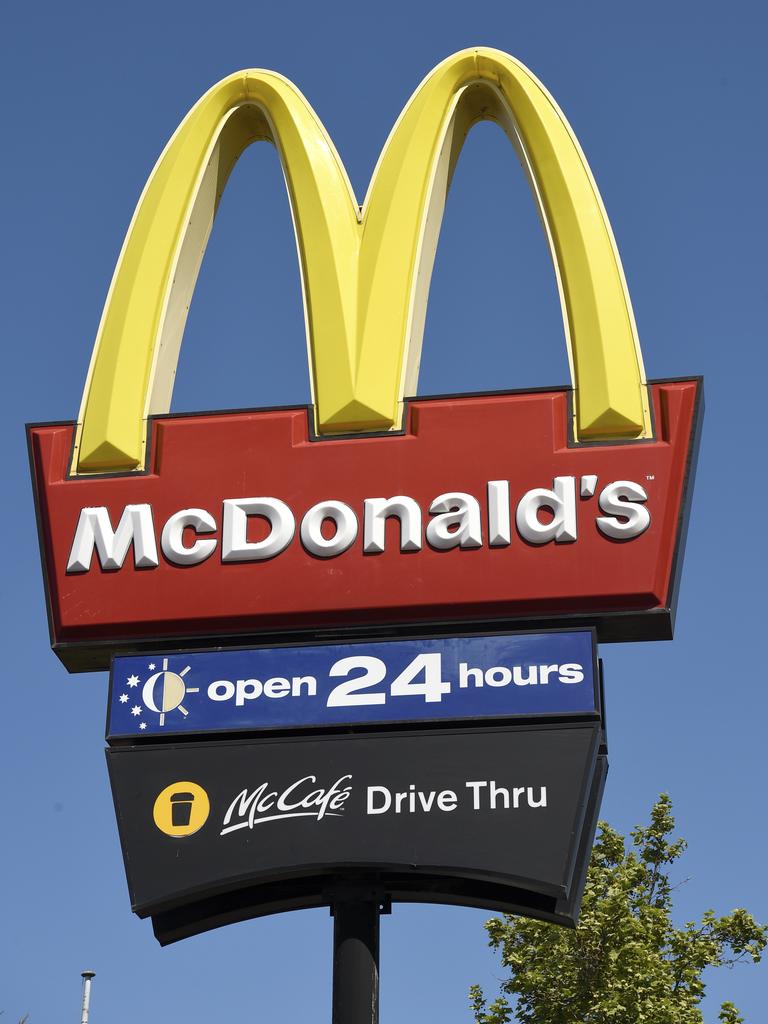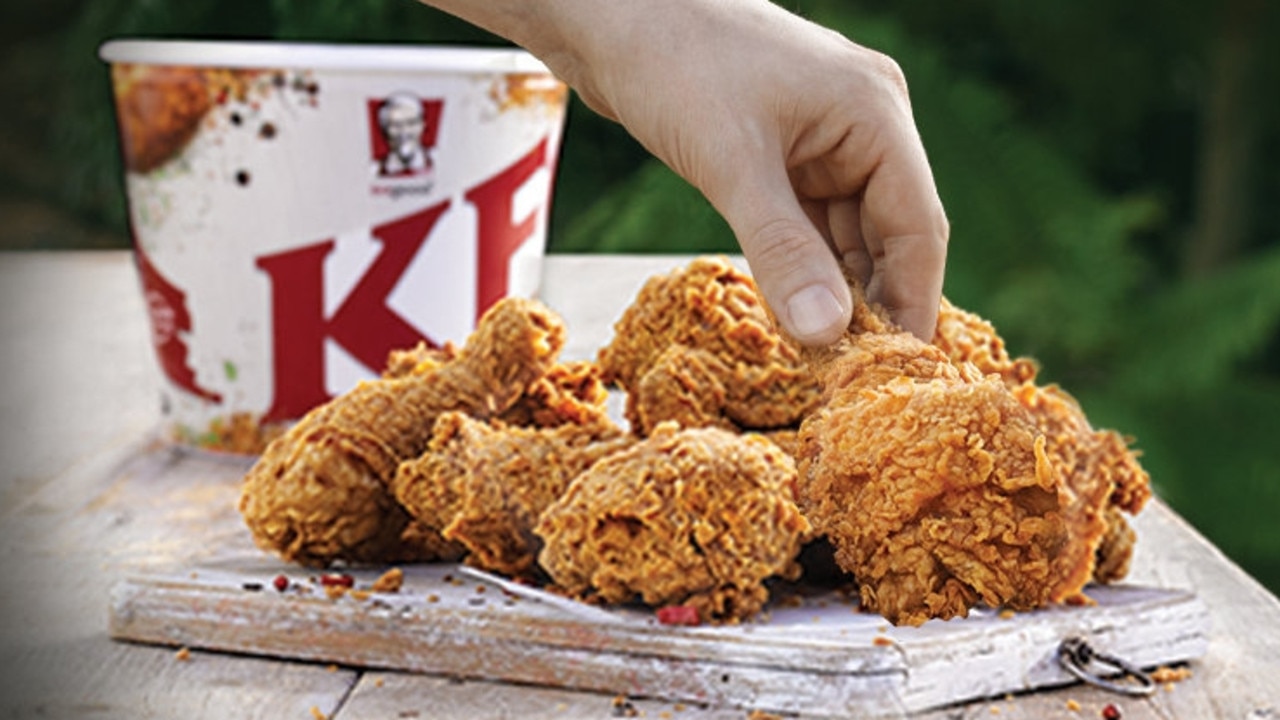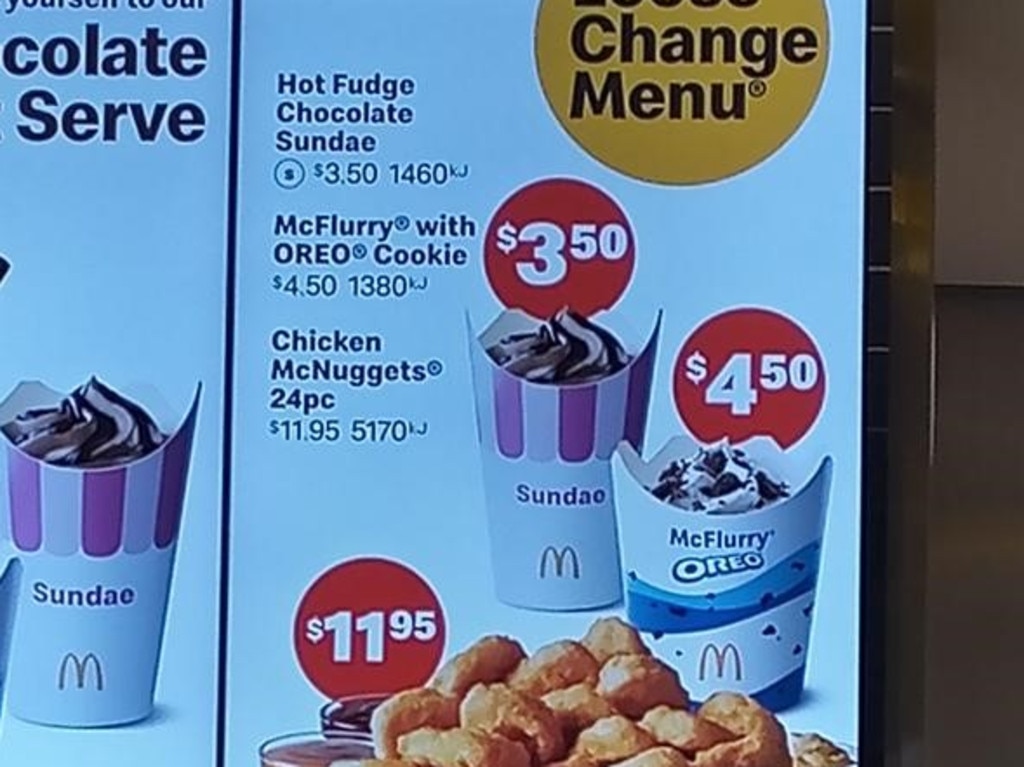Falling sales at Macca’s, KFC lead to drop in Australian chicken consumption
Australians are doing something they haven’t done for the first time in decades – and it’s hitting fast food chains hard.
Australians are eating less chicken for the first time in decades, as they turn away from fast food giants such as KFC and McDonald’s amid the ongoing cost-of-living crunch.
Federal MPs at a Parliament House lunch this week to promote the production and consumption of what’s long been our cheapest, most popular protein were told retail research suggested people were visiting the takeaway restaurants less, and were spending less when they did have a night out, The Australian reports.
Despite decades of steady growth in chicken consumption – Aussies annually eat as much as 50kg of the protein each – there has been a significant downturn of “high single figures”, between five and nine per cent, in chicken sales at the outlets, the MPs were told.
The decline in consumption coincides with Australian families prioritising “paying the mortgage or the power bill” over discretionary purchases like takeaway food.
“Normally as you go around on a Friday or Saturday night, the KFC and McDonald’s drive-throughs and restaurants are packed, the queues come out into the street,” Nationals MP for Hinkler in Queensland Keith Pitt told the newspaper.
In poorer electorates like his, he said, a weekend takeaway dinner was the equivalent for some of a luxury night out.


“Now (KFC and McDonald’s) are deserted,” Mr Pitt said.
“I said publicly recently that the cost of gas was making it difficult to cook a steak and I had people saying they couldn’t afford a steak or to eat out and were buying frozen pies and sausage rolls.”
The latest data from the Australian Bureau of Statistics (ABS) showed spending on takeaway food in June fell 0.2 per cent – the equivalent of $4.3 million.
Globally, McDonald’s recorded its first drop in sales since the pandemic – though sales figures at the Golden Arches in Australia were up by seven per cent for the 2023 financial year.
McDonald’s Australia had no comment regarding a drop in chicken sales, but a spokesperson said “delivering value to our customers has always been core” to its philosophy.
“We’ve worked alongside our Aussie suppliers and franchisees to limit the impact of rising costs on our customers wherever possible,” the spokesperson said.
News.com.au also contacted KFC for comment.

The operator of 279 KFC outlets across Australia Collins Foods, previously reported customers were cutting back on spending in May and June, with sales at some stores down 0.8 per cent year-on-year.
Interim chief executive Kevin Perkins said last week the tougher trading conditions would continue well into 2025, given customers were feeling the impact of inflation and also battling higher mortgage rates, rent and energy bills.
“Significant cost-of-living and inflationary pressures are expected to remain for much of the year ahead, impacting sales growth, and we expect margin pressure across the group,” Mr Perkins said.
“You could say transactions are stabilising, but people are spending less.”
Mr Perkins said KFC would look at more “bundling” of menu items in special offers to help families under pressure.

McDonald’s has taken similar steps to increase its accessibility, including introducing a new “smart” meal to its menus in June “as part of our ongoing commitment to serving the taste that customers know and love, but with even greater value”.
“McDonald’s price increases on average over the past two years have been less than inflation, despite the very real fact that the price of food, electricity and other operating costs have increased significantly, for all businesses,” the spokesperson said.
“We know our customers are watching every dollar they spend, and we remain focused on offering great value. Whether that’s our $6.95 McSmart Meal and Macca’s Bundles to feed the whole family, everyday value like our Loose Change Menu, offering great deals like $2 Hamburgers, or personalised value offers through the MyMacca’s loyalty program.”
The McSmart Meal came after consumers revealed they were thinking twice about hitting the drive-thru or ordering UberEats, citing “ridiculous” prices, as well as declining quality and service. At the same time, data from comparison site Finder showed Macca’s prices had been “well beyond” the inflation rate.
Finder’s ongoing monthly consumer sentiment tracker survey found stress caused by the cost of groceries had increased “the most dramatically of any category over the last three years”, from 15 per cent to 41 per cent, bringing it on par with worries about paying rent or a mortgage.
“Because of that people are focusing much more on the cost of food, not only in the grocery store but restaurants and fast-food places, they’re analysing their spending much more than previously,” head of consumer research Graham Cooke said.
“These outlets are not spared from the scrutiny.”






